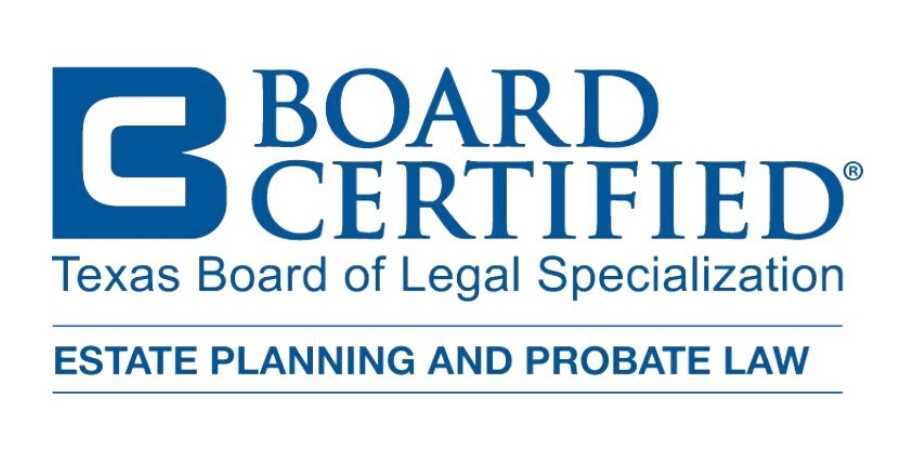January 17, 2025
As we step into the new year, I find myself reflecting on the countless entrepreneurs, professionals, and business owners I’ve worked with throughout my career. Helping clients mold a shield of protection around their assets has been one of the most rewarding aspects of my practice. Time and time again, I’ve witnessed that success isn’t reserved for geniuses, nor does it require a fancy degree. The secret lies in action, strategy, and discipline—traits anyone can cultivate to achieve and maintain wealth. The Myth of Instant Wealth How often have we heard someone say, “When I win the lottery, I’ll finally be set”? It’s a common refrain, but let’s examine the reality. Imagine winning $10 million in the lottery. After choosing the lump sum option and paying taxes, you might walk away with only a fraction of that—perhaps $2 million. Without a solid financial plan, it’s no surprise that many lottery winners end up broke within a few years. True wealth isn’t about luck or flashy possessions. It’s about what you do with your resources and how you protect them. If you look around your community, the truly wealthy aren’t necessarily the ones with the biggest houses or newest cars. They’re often the ones who’ve taken calculated risks, lived within their means, and built unglamorous but steady businesses. These individuals mold the clay they’re given, creating shields of protection around their assets that ensure their financial stability for generations. The Trap of Looking Rich We’ve all seen it—the big house, luxury car, and designer wardrobe. But appearances can be deceiving. Many who look wealthy are drowning in debt, spending more than they earn, and chasing the illusion of success. As my wife lovingly calls it, Dickersonism #7: “Looking rich does not MAKE you rich.” True wealth is built on a foundation of solid, income-generating assets, not consumables. Falling into the trap of “keeping up with the Joneses” (or Kardashians) often leads to financial instability and missed opportunities to create lasting wealth. The Cost of Inaction One of the greatest obstacles to wealth and protection is inaction. Henry Ford famously said, “If you think you can, you can. If you think you can’t, you can’t. Either way, you’re right.” Inaction is the path of least resistance, but it’s also the path to missed opportunities and unfulfilled potential. Some hesitate out of fear or over-analysis, a condition I call “analysis paralysis.” It’s easy to get caught up in what could go wrong, but this mindset keeps you stagnant. Every successful person I’ve worked with has one thing in common: they took action. They understood the risks but focused on the rewards, moving forward despite uncertainty. Setting Your Course for 2025 If you haven’t taken steps to mold your financial future, now is the time. Ask yourself: Where do you want to be a year from now? In five years? In ten? Define your goals and begin building the path to reach them. Just as importantly, protect what you’ve built. Not having a plan to shield your assets is like running exposed electrical wiring—sooner or later, you’ll face unnecessary risks. A board-certified estate planning attorney can help you design a plan to safeguard your wealth, ensuring it stays secure for you and your loved ones. Take Control of Your Future Success doesn’t just happen—it’s molded. Listen to trusted advisors, but remember that the final decisions are yours to make. Clarify your vision, take bold steps, and build the life you’ve always dreamed of. At The J.M. Dickerson Law Firm, we’re here to guide you every step of the way. Whether in person, by appointment, or via Zoom, we’re committed to helping you create a legacy of success and security. Contact us today, we can help! South Texas: 956-791-5422 Central Texas: 830-302-4577 Let’s make 2025 your year of action, growth, and protection.

























